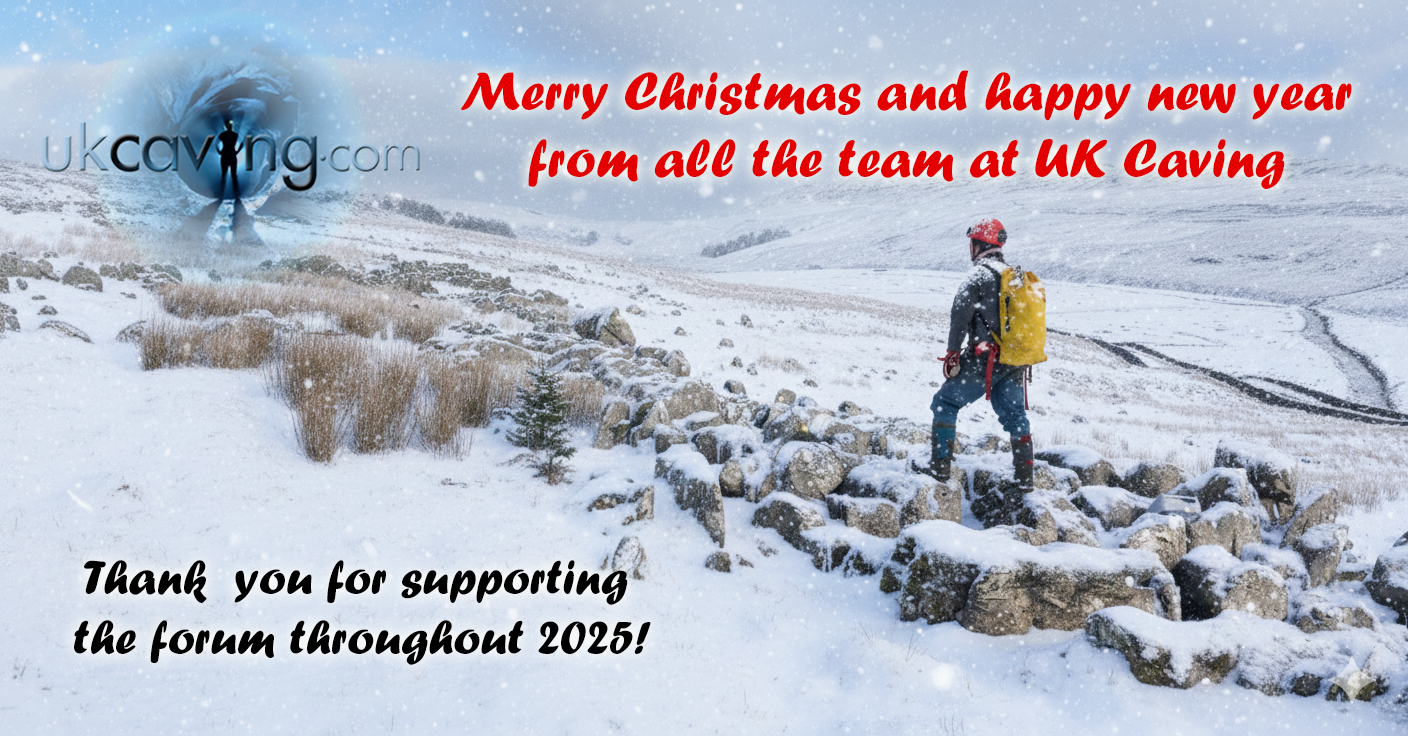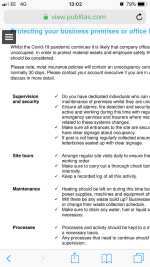This whole subject seems a bit fuzzy, irrespective of Covid-19. Without wishing to go into the specifics of our particular policy too far, daily inspections of an unoccupied building seems to float rather too close to occupancy for my liking! And does merely driving past it count as an inspection? I guess also that if 'someone' is able to make an inspection in the normal course of their allowed activities (shopping, exercise), then that would satisfy all requirements. Of course it does mean that 'someone' must be very local, and have the authority of the club to be able to make that inspection, but whether it has to be an officer or even member, I have no idea? Obviously we're in a possibly unique position being in the centre of a village, rather than at the end of some remote farm track, so we are maybe considered less risk for insurers by being in 'full view' rather than in the middle of nowhere?




